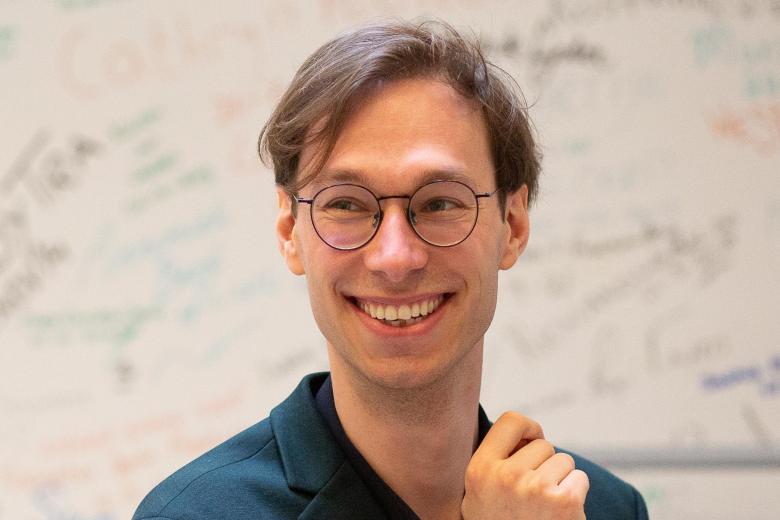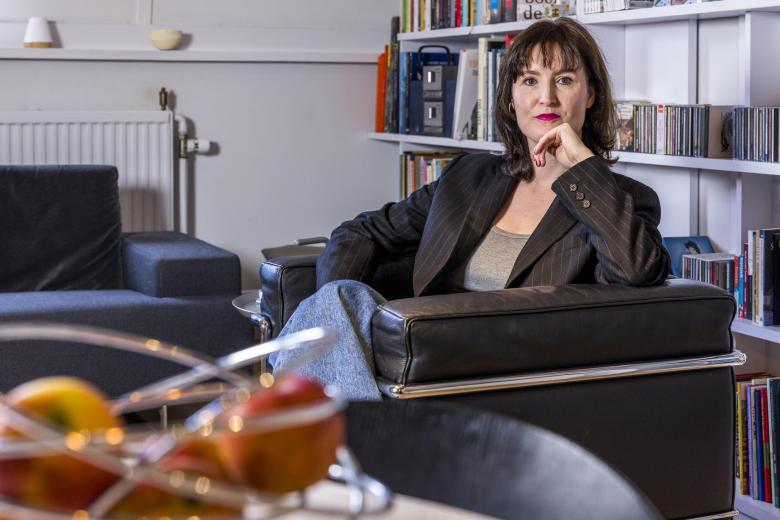Giselle Bosse appointed Professor of European Union External Democracy Support
On 1 February 2025, Giselle Bosse was appointed Professor of European Union External Democracy Support at Maastricht University. Her chair focuses on the European Union's (EU) efforts to support democracy worldwide, particularly in the context of a changing global order. The chair examines the evolution and effectiveness of EU democracy support since the Cold War, analyses challenges posed by autocratic regimes and internal democratic backsliding, and explores new approaches to democracy support, particularly in eastern Europe and through the EU’s enlargement process.
Commenting on the appointment, Bosse notes: "The EU faces a complex challenge in balancing its geopolitical priorities with its commitment to supporting democracy globally. As the EU navigates a rapidly shifting international landscape, it must ensure that its strategic interests align with its democratic values in foreign policy.”
How geopolitical pressures affect and shape EU's democracy support efforts
Over the past two decades, these challenges have been central to Bosse’s research. Her work investigates how geopolitical pressures – such as Russia’s war on Ukraine and the rise of authoritarianism worldwide – affect and shape the EU’s democracy support efforts.
Bosse explains: “Autocratic regimes are increasingly forming networks and collaborating to undermine democratic institutions - a trend that impacts both the EU’s external democracy support and its internal democratic resilience. These regimes exploit vulnerabilities within democratic systems, including disinformation and state capture, which are key themes in my research on corruption and oligarchic influence in countries such as Ukraine and Georgia, for example. These trends are compounded by shifts in global leadership, notably the Trump administration’s goal to dismantle international human rights and global justice frameworks, and drastic reductions in U.S. democracy aid. The "America First" doctrine prioritises economic and security “deals” over democratic values while fostering admiration for autocratic leaders like Vladimir Putin and emboldening global authoritarianism more generally. As a result, the EU now faces greater responsibility to protect and advance democratic principles both at home and abroad. Through EU Horizon projects such as EMBRACE and InvigoratEU, where I lead work packages on barriers to democratisation in the EU's neighbourhood, we assess whether existing EU instruments remain effective in addressing these pressing challenges and how they could be adapted.”
More about Giselle
Bosse is a Fellow at the European Democracy Hub in Brussels, a visiting professor at the College of Europe in Bruges and the Diplomatic School of Armenia (Yerevan), and co-coordinator of the EmergEU Jean Monnet Centre at Maastricht University. In addition to her academic work, she has conducted commissioned studies for institutions such as the European Parliament and the Dutch Ministry of Foreign Affairs. Her expertise is also frequently featured in media outlets, including Euronews, Deutsche Welle, NPO1, and L1. Bosse holds an MA from the College of Europe (Natolin) and a PhD from the Department of International Politics at Aberystwyth University.
Also read
-
Book launch and professorship Anna Harris: The Matter of Hospitals
Hospitals are often seen through the lens of urgency, care, and crisis – but what about the materials that make them work?

-
FASoS awarded NWO PhDs in the Humanities grant for project on early bird photography and conservation
We are pleased to announce that Pauw Vos has been awarded an NWO PhDs in the Humanities grant for the project “Narratives of the Nest: Early Dutch Bird Photography and the Visual Construction of Conservation (1890–1940)”.

-
Aagje Swinnen awarded NWO Open Competition M
Aagje Swinnen (FASoS) and Sarah de Mul (Open University), have been awarded an NWO Open Competition M grant for the project “Re-Imagining Burnout and the Cultural Narrative of Productive Adulthood through Literature”.
